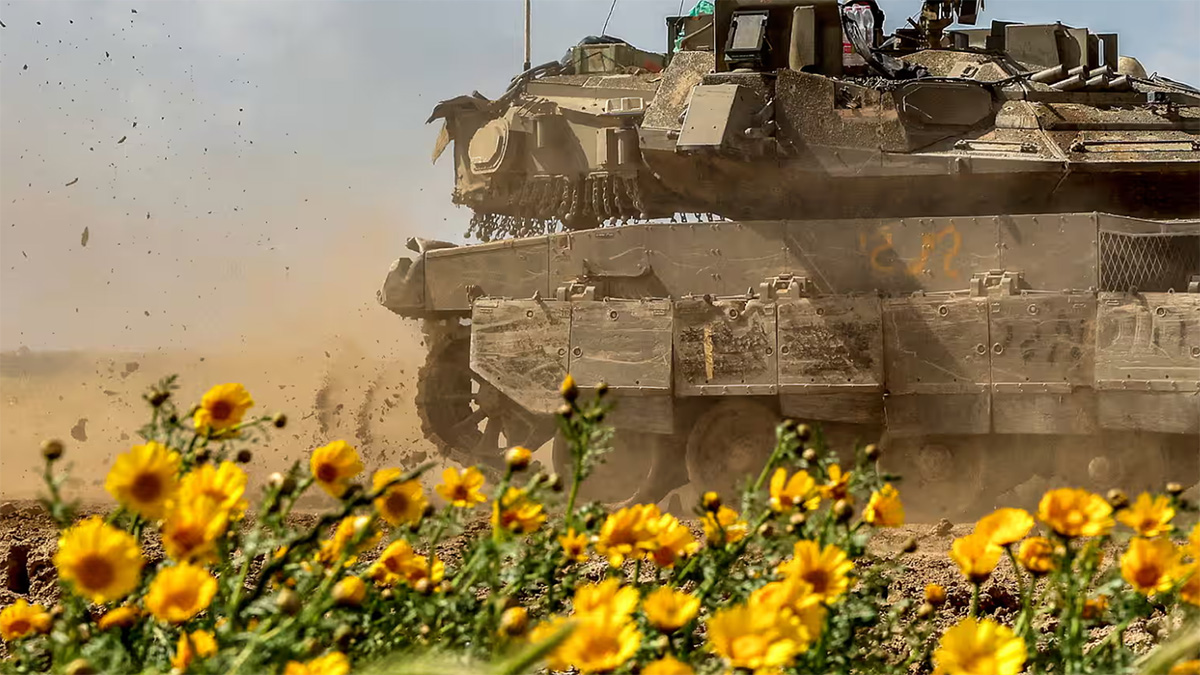
War leaves behind a toxic legacy that devastates ecosystems, contaminates water sources, and harms communities for generations after. Explosives, heavy metals, white phosphorus, and other chemicals can linger in the soil and water, posing long-term threats to health and food security. This knowledge share will provide an introduction to bioremediation — the practice of allying with living organisms to detoxify and regenerate contaminated soils and water. Participants will learn how to work with plants, fungi, beneficial microorganisms, and other regenerative remedies to remove, neutralize, or break down the toxic contaminants left by war. We will explore how bioremediation can help restore contaminated and damaged farmlands, heal ecosystems, protect water resources, and support healthy food systems in war-impacted areas. Where wars specifically seek to destroy and poison the land to make it uninhabitable for the peoples of that place, bioremediation is resistance, remedy, and resilience. Highlighting strategies for practical, place-based, and community-centered approaches to ecological healing, we will hold the realities of Palestine, Lebanon, and Ukraine in our hearts and as our guide. Join us for an honest and hopeful exploration of bioremediation possibilities for healing the ecological wounds and toxic realities of war and genocide.
